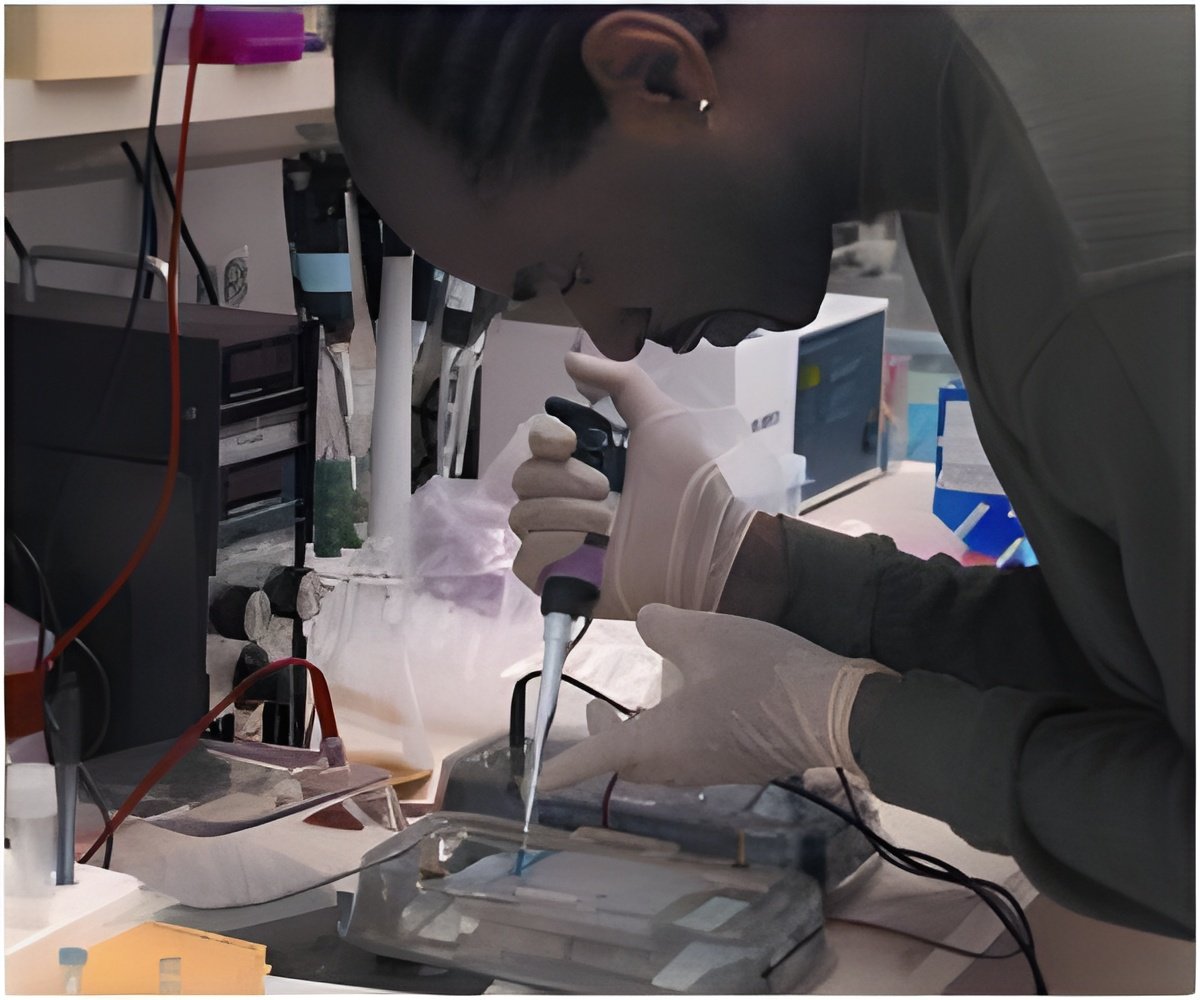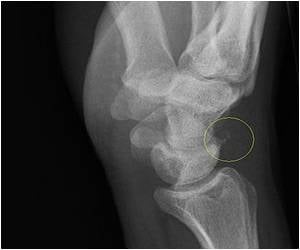The Clemson University in South Carolina will receive $200,000 a year for up to three years to achieve this task.
In August 2015, six astronauts currently living on the International Space Station (ISS) became the first people to eat food grown at the Veggie plant growth system aboard the orbiting laboratory in space. With NASA having plans to land humans on Mars by 2030, it is investing in ideas to figure out ways for astronauts to be more self-sufficient on long-term space missions. The US space agency has now funded researchers at Clemson University in South Carolina to find out how to recycle human excreta into food that can help astronauts sustain on deeper space missions, including Mars. The researchers will receive $200,000 a year for up to three years to achieve this task.
Using urine and breathed-out carbon dioxide as the building blocks to create useful aboard items, the research team is genetically engineering yeast to produce things that astronauts may need. Mark Blenner, professor at Clemson, said, "A particular strain of yeast can be genetically manipulated to create polymers, or plastics, used for 3D printing, as well as Omega 3s, which lower heart disease risk, and protect skin and hair."
Nitrogen is required to grow the yeast and is abundant in human urine. Yeast also feeds on fatty acids which certain algae can create out of carbon dioxide. Blenner's research system would grow yeast that could take those lipids and nitrogen and turn them into plastics and Omega 3s.
NASA said, "The grant was one of eight given to universities around the US, all of which focus on innovative, early stage technologies that will address high-priority needs of America's space program."
Steve Jurczyk, associate administrator for NASA's Space Technology Mission Directorate, said, "These early career researchers will provide fuel for NASA's innovation engine."
Source-IANS















